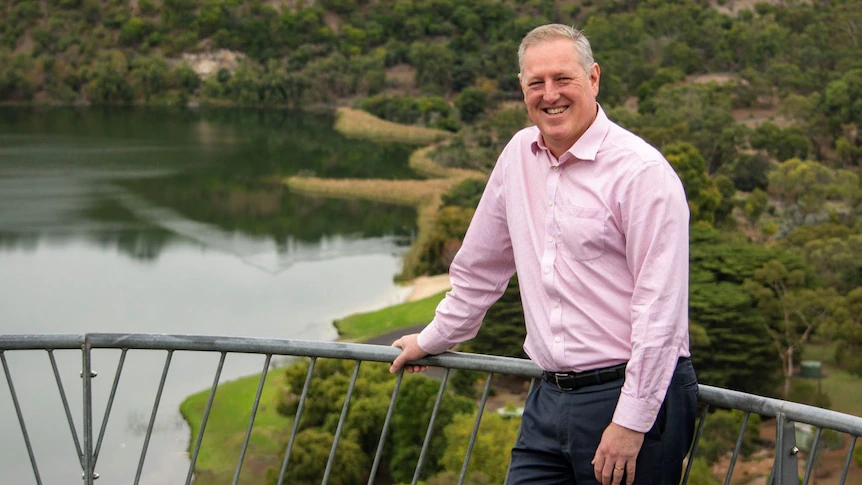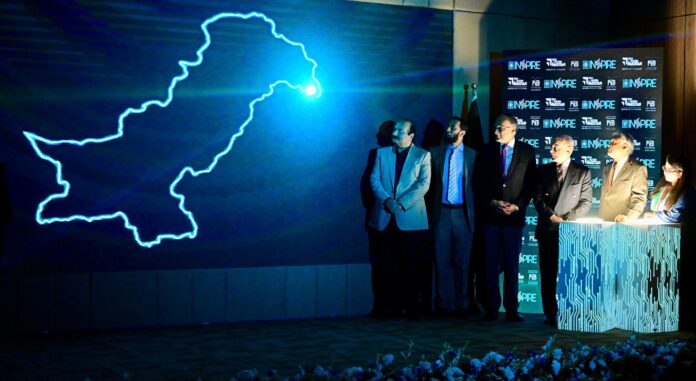Copyright scotsman

The proposal to shorten the summer school holiday (your report, 24 October) begs the question: Why have school holidays at all? How many other vital public services close down at regular intervals and at great inconvenience to their users? Imagine if hospitals, prisons or power stations did! I’m not saying scholars and teachers don’t benefit from a rest: I tried teaching for a number of years and the long summer break was by far the best part of the work. But it does seem to me that with modern individualised learning packages, computers, the worldwide learning web and all manner of podcasts, pupils’ education no longer requires lock-step tuition any more than it does the chalk and talk, blackboards and fixed, compulsory, breaks that characterised my own school days. The current obligatory holidays can prove a pain to parent and offspring alike. It should be possible for families (and staff) to take an amount of time off together or separately, by arrangement, whenever they wish, all without harming learning. School doors should never close, their facilities being available to everyone on legitimate business at any time. Tim Flinn, Morningside, Edinburgh Hope from Wales It appears that the British establishment supplicants in Scotland who regularly contribute to these pages are panicking, given the recent proliferation of anti-independence propaganda. Desperate cries of the woes of “separatism” ring hollow following a catastrophic Brexit which has had a ruinous effect on many small businesses and regressed the UK economy while public services continue to decline, the cost of living continues to increase and control over the UK’s borders has effectively been lost. Most of these contributors are sufficiently sensible to realise that Nigel Farage and Reform UK in government would wreak even greater havoc on the UK economy and public services, as well as undermine social cohesion, but amidst their political dilemma they are reacting illogically by attempting to shoot the messenger offering a “fresh start” for Scotland and the rest of the UK. Of course the SNP Scottish Government has made mistakes, but apparently not as many as the Labour Welsh Government or of the scale and level of scandal of the UK Government. Plaid Cymru have just won the Caerphilly by-election, not only relegating the Labour Party to third place but perhaps more importantly, beating Reform UK (which had targeted Caerphilly as a must win seat). This result holds out hope for all who appreciate the challenges that lie ahead, whether or not Scotland remains in the Union, but don’t wish to live in a country governed by prime minister Farage seeking to emulate that despicable narcissist President Trump. An added bonus for some is that when Scotland does become independent the SNP may cease to exist, which is perhaps justification for at least supporting the democratic right of the people of Scotland to determine their own future through their own parliament, whether directly in a general election or via a constitutional referendum. Stan Grodynski, Longniddry, East Lothian More ambition I agree with almost everything in Henry McLeish's thoughtful article (Perspective, 23 October), except his conclusion. He describes Scotland as an “ambitious nation”, but what exactly is its ambition? Mr McLeish and I agree that the status quo isn't working, that Scotland can do better. The elephant in the room is the Westminster Parliament, which has been described as toxic, with its farcical first past the post voting system. Scotland's ambition is surely to be an independent nation. We're slowly, but surely, diverging away from a United Kingdom, which is far from being united. Independence is a dream shared by far more than the “narrow prism” of the SNP. Scotland, as a proud and ambitious nation, can indeed do better. Ian Petrie, Edinburgh Help Palestine Scotland has never been afraid to speak out against injustice abroad. In our Scottish Parliament we have done what we can, within the confines placed on us. Yet on Palestine, our voice has been muffled. Scottish involvement with Palestine and its people goes back for many years, and our positive influences are still felt. On the other hand, Britain lit the touch paper in 1917, palmed off responsibility to others, and has ever since pretended innocence. The UN passed resolutions, but was never given the power to enforce them. When asked to apologise for slavery, the British government did — eventually. As the British government helped create this crisis, it should make a concerted effort to help repair it – not merely as a self‑serving act, but as a matter of justice. Or, as Burns put it, “O wad some Pow’r the giftie gie us, to see oursels as ithers see us.” Judith Campbell, Portree, Isle of Skye Abolish royals Irrespective of the king, head of the Anglican church, praying with the Pope, head of the Catholic church, the sordid saga of Prince Andrew continues. (Incidentally should not the long established Christian faith be well above any transitory monarchy?) The monarchy is a relic of the past, serving no useful purpose in the 21st century. This extremely wealthy family receives around half a billion pounds each year from the public purse, along with tax breaks and a degree of legal impunity which their subjects do not receive! People of Scotland, it’s now time to abolish the monarchy and become a fully independent republic. Grant Frazer, Newtonmore, Highland Blind failure Having read the letter from Stuart Campbell (24 October), I find it impossible to agree that control of our energy should be in the hands of the Holyrood/Nationalist administration. The SNP have made a rather less than resounding success of everything else for which they have responsibility. Health, the law, housing, education, transport – you name it, they have royally messed up everything. Doubtless, the usual suspects and apologists will rush to defend the indefensible – there are none so blind... Pauline Carruthers, Edinburgh Weathering change Had Stuart Campbell watched a recent interview with energy secretary Ed Miliband on the BBC he would have noted the pie-chart on the breakdown of the five components of the cost of a unit of electricity. The chart indicates that the strike price (generation price) is only around one-third of the total cost. That means zonal pricing is a red herring regarding the cost of electricity as it does not include VAT, network costs, Green Levy charges or the service costs (wages, National Insurance, rates etc ). Mr Campbell failed to point out that a unit of gas is around 6.3p compared to 25.6p for electricity. How can anyone claim wind output is the cheapest form of energy? Note, also, that wind supporters never mention the dunkelflaute weather conditions that hit Scotland at the beginning of October. Just to clarify to readers, at that time 50 per cent of electricity needed by Scottish consumers was generated by the 1GW power plant at Torness, 40 per cent from Peterhead and the wind generators provided less than 10 per cent of demand. Why does the SNP fail to include the back-up costs required to keep the lights on when the wind fails to blow in the cost of a unit of renewable energy or outline the impact on zonal pricing in the North of Scotland when electricity has to be imported from gas turbine units in the south of England? Surely it is time for the media to have a review as to why a unit of electricity is double that in France, as neither Holyrood nor Ofgem seem willing to provide consumers with an explanation! Ian Moir, Castle Douglas, Dumfries & Galloway Seabed shock The SNP/Greens sale of enough seabed to enable production of 30 Gigawatts (GW) of electricity for £775 million – £25m per GW, was executed via Crown Estates Scotland, which was devolved as part of the 2014 indyref “Vow”. By stupendous, alarming, contrast Crown Estates England and Wales are likely to get £8bn for 8GW of leasing – £1,000m per GW, 40 times what Scotland got. If this is what nationalists mean by “limitless energy wealth” and “ability to make our own decisions” then, as former Dragon’s Den investor Duncan Bannantyne would say, “ah'm oot”. Allan Sutherland, Stonehaven, Aberdeenshire Buddy brilliant As a Paisley buddy myself, it’s great to celebrate its award as Scotland’s Town of the Year (your report, 24 October). Paisley had a very rich 19th-century industrial and cultural history. My great-grandfather was a founder member of the renowned Paisley Art Institute in 1876. The institute encouraged young and upcoming artists and built up a very valuable art collection, mainly by Scottish artists. Its annual art exhibition was famous for giving aspiring artists a showcase for their work. Sadly for Paisley, the Art Institute was forced to move its collection out of the town last year. There was no room allocated for it in the renovated Paisley Museum, its home for over 120 years. Happily, the collection has a new home and exhibition area in the prestigious Glasgow Art Club. Paisley’s loss is Glasgow’s gain. Fiona Garwood, Edinburgh Write to The Scotsman We welcome your thoughts – NO letters submitted elsewhere, please. Write to lettersts@scotsman.com including name, address and phone number – we won't print full details. Keep letters under 300 words, with no attachments, and avoid 'Letters to the Editor/Readers’ Letters' or similar in your subject line – be specific. If referring to an article, include date, page number and heading.



